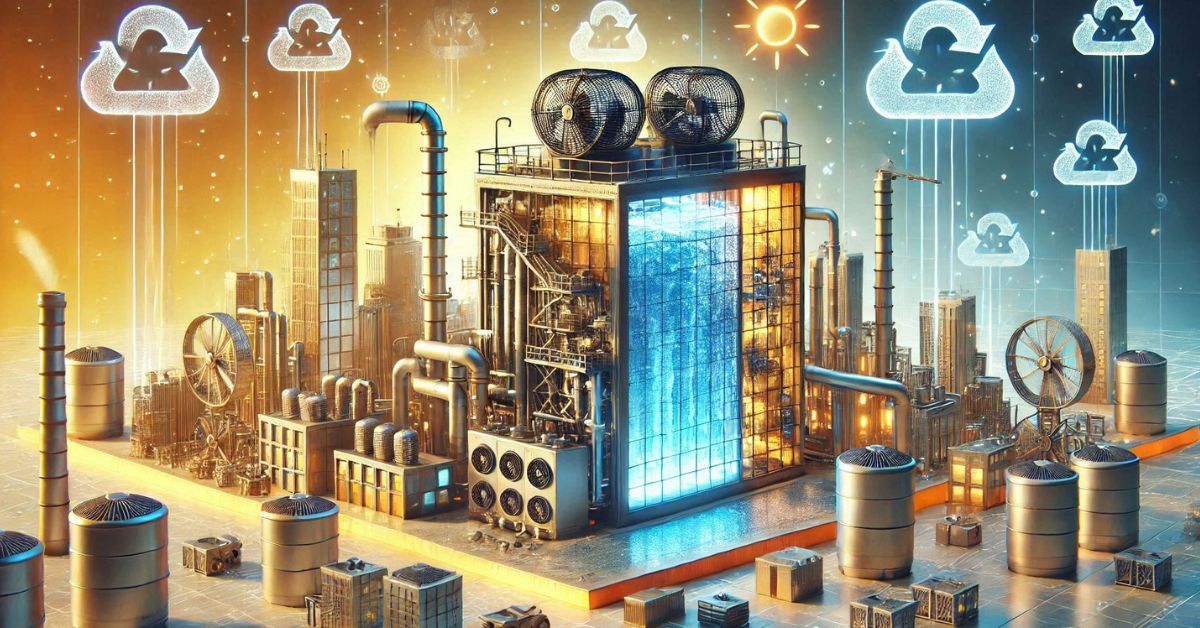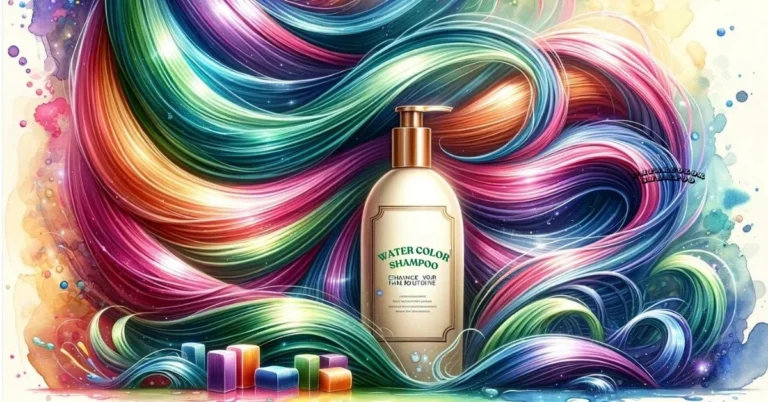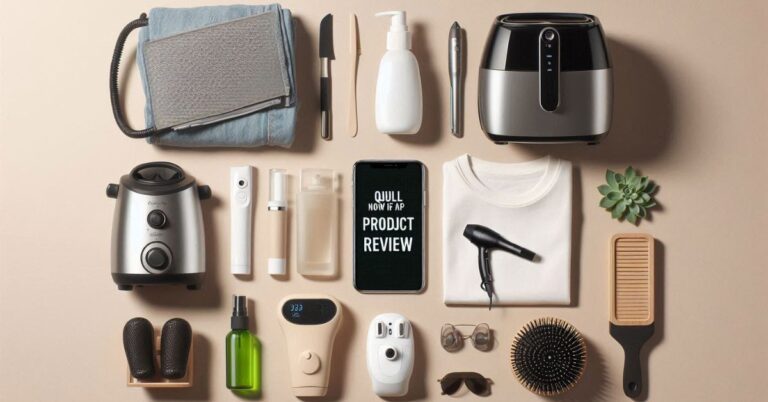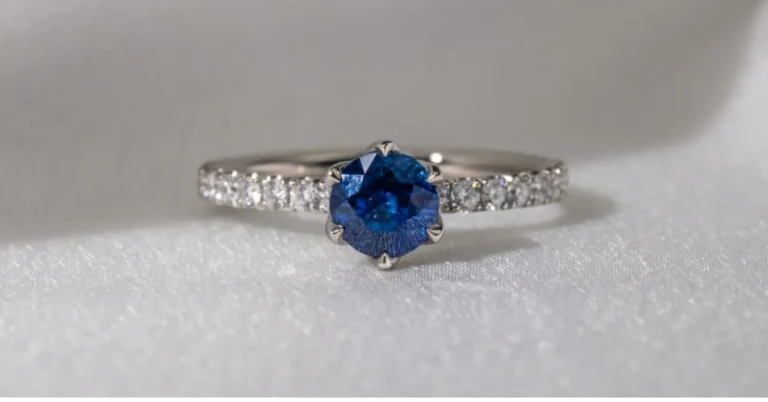Water Chiller: Essential Cooling for Every Need
Ever wondered how large buildings stay cool on scorching summer days? Or how do factories keep their machines from overheating? The secret lies in a device called a water chiller. But what exactly is a chiller, and how does it work? Whether you’re curious about cooling technology or looking for ways to keep your space comfortable, understanding chillers can provide the answers you need. Ready to dive into the world of chillers and discover why they’re essential for both homes and businesses? How Does It Work?
Imagine it as a big refrigerator. Just like a fridge keeps your food cold, a chiller cools water. Here’s a simple explanation of how it works:
- Water Intake: Warm water enters the chiller from the building or equipment needing cooling.
- Cooling Process: Inside the chiller, the water passes through a series of tubes that are surrounded by refrigerant. The refrigerant absorbs the heat from the water, cooling it down.
- Chilled Water Output: The now-cool water is pumped out of the chiller and circulated back to cool the building or equipment.
- Heat Release: The heat absorbed by the refrigerant is then released outside, keeping the chiller from overheating.
Real-Life Examples
To make this concept more relatable, think about the ice-cold water fountains at your school. That refreshing water likely comes from it. Without chiller, the water would be warm and not as enjoyable. It is also used in large malls and movie theatres to keep the air cool, ensuring everyone stays comfortable, even during the hottest days.
Discover more products by clicking here
Types of Water Chillers
There are two main types of chillers:
- Air-Cooled Chillers: These use fans to blow air over the refrigerant to cool it down. They are commonly used in smaller buildings or areas where water is scarce.
- Water-cooled chillers: These use water from a cooling tower to cool the refrigerant. They are more efficient than air-cooled chillers and are typically used in larger buildings or industrial settings.
Advantages of Chillers
It offers several benefits, making them essential in various settings:
- Energy Efficiency: Water-cooled chillers, in particular, are highly efficient and consume less energy than other cooling systems, which can save on energy bills.
- Effective Cooling: They provide consistent and reliable cooling, making them ideal for maintaining comfortable temperatures in large buildings.
- Versatility: it can be used in a wide range of applications, from cooling large buildings to maintaining specific temperatures in industrial processes.
- Longer Lifespan: These are built to last and often have a longer operational lifespan compared to other cooling systems, reducing the need for frequent replacements.
Disadvantages of Water cooler
While these are beneficial, they do come with some drawbacks:
- High Initial Cost: Installing a chiller system can be expensive, making it a significant investment for businesses or large buildings.
- Maintenance Requirements: It requires regular maintenance to ensure they operate efficiently, which can add to the overall cost.
- Space Requirement: These systems can take up a considerable amount of space, especially when including the cooling towers required for water-cooled chillers.
- Water Consumption: Water-cooled chillers require a continuous water supply, which may not be ideal in areas with water scarcity or where water conservation is a concern.
Difference Between Commercial and Domestic Water Cooler
Chillers are used in both commercial and domestic settings, but there are key differences between the two:
Size and capacity:
Commercial These are much larger and have a higher capacity to cool large spaces like shopping malls, factories, or office buildings. They are designed to handle significant cooling loads and often have more powerful components.
Domestic: These are smaller units used in homes or small-scale applications. They have a lower cooling capacity, making them suitable for individual rooms, small homes, or specific appliances like water dispensers.
Application:
Commercial: Used for large-scale cooling needs, such as in industrial processes, commercial buildings, or large HVAC systems. They often integrate with complex systems requiring precise temperature control.
Domestic: Typically used for residential purposes, such as providing chilled water for drinking, cooling a small living space, or in appliances like refrigerators or air conditioners.
Cost:
Commercial: Due to their size, capacity, and complexity, commercial chillers are significantly more expensive to purchase, install, and maintain.
Domestic: These are generally more affordable and easier to maintain, making them suitable for everyday home use.
Maintenance:
Commercial: require regular, professional maintenance due to their complexity and the critical role they play in large-scale operations.
Domestic: easier to maintain and often designed for minimal user intervention, with simpler systems that are more user-friendly.
Efficiency:
Commercial: Designed for high efficiency in large applications, often incorporating advanced technology to optimise energy use.
Domestic: Focus on providing adequate cooling for smaller spaces with lower energy consumption, prioritising convenience and cost-effectiveness.
Interactive Quiz
To test your understanding of chillers, here’s a quick quiz:
- Question: What type of chiller is best for large buildings?
(A) Air-Cooled (B) Water-Cooled
Think about what you’ve learnt and see if you can answer correctly!
Why are water chillers important?
Chillers play a crucial role in many areas:
- Comfort: They help air conditioning systems keep buildings cool, making them comfortable to be in during hot weather.
- Industrial Use: In factories, chillers prevent machinery from overheating, which can be crucial for smooth operations.
- Environmental Control: Some processes, like making icerinks or cooling medical equipment, require precise temperature control, which they provide.
How to Choose the Right Water Cooler?
When choosing a chiller, consider the following:
- Size of the Area: Larger areas will need more powerful chillers.
- Type of Application: Whether it’s for a building, factory, or specific equipment, the purpose of the chiller will determine the best type.
- Efficiency: Look for chillers that use less energy, as they are better for the environment and can save money in the long run.
Visual Aids: How Does It Work?
If you could see inside it, it might look something like this: a series of tubes carrying water, surrounded by coils filled with refrigerant. As the water flows through the tubes, the refrigerant absorbs its heat, cooling the water down. Including a simple diagram here would help you vvisualisethis process better.
Call-to-Action (CTA)
Have you ever seen it in action? Or do you have any questions about how they work? Feel free to share your experiences or ask questions in the comments below! Engaging with the content by leaving comments or sharing the article with friends can help others learn about this fascinating technology.
Where to Buy.
If you’re looking to purchase it, here are some trusted suppliers where you can find both commercial and domestic options:
- Amazon: For a wide variety of domestic chillers suitable for home use, Amazon offers several models that can fit different needs and budgets.
- Grainger: For industrial and commercial chillers, Grainger provides a comprehensive selection of high-capacity units designed for larger applications.
- HVAC Direct: Another excellent option for purchasing commercial-grade HVAC systems is HVAC Direct, which specialises in HVAC systems for large buildings and industrial facilities.
- Alibaba: For bulk purchases or custom requirements, Alibaba offers a vast marketplace where you can find manufacturers and suppliers of water chillers globally.
Conclusion
Water chillers are essential devices that help keep our environments cool and comfortable. Whether in a school, hospital, factory, or home, these machines are hard at work, ensuring that everything runs smoothly. Understanding how they work, the different types available, their advantages and disadvantages, and how to choose the right one can help you appreciate the technology that makes our modern life more comfortable.
FAQs
What is a water chiller?
It is a machine that cools water to help cool down spaces or equipment.
How does it work?
It cools water by passing it through tubes surrounded by a refrigerant, which absorbs the heat and cools the water.
What are the types of these?
There are two main types: air-cooled chillers and water-cooled chillers.
Why are they important?
They keep buildings cool, prevent machinery from overheating, and provide precise temperature control in various applications.







